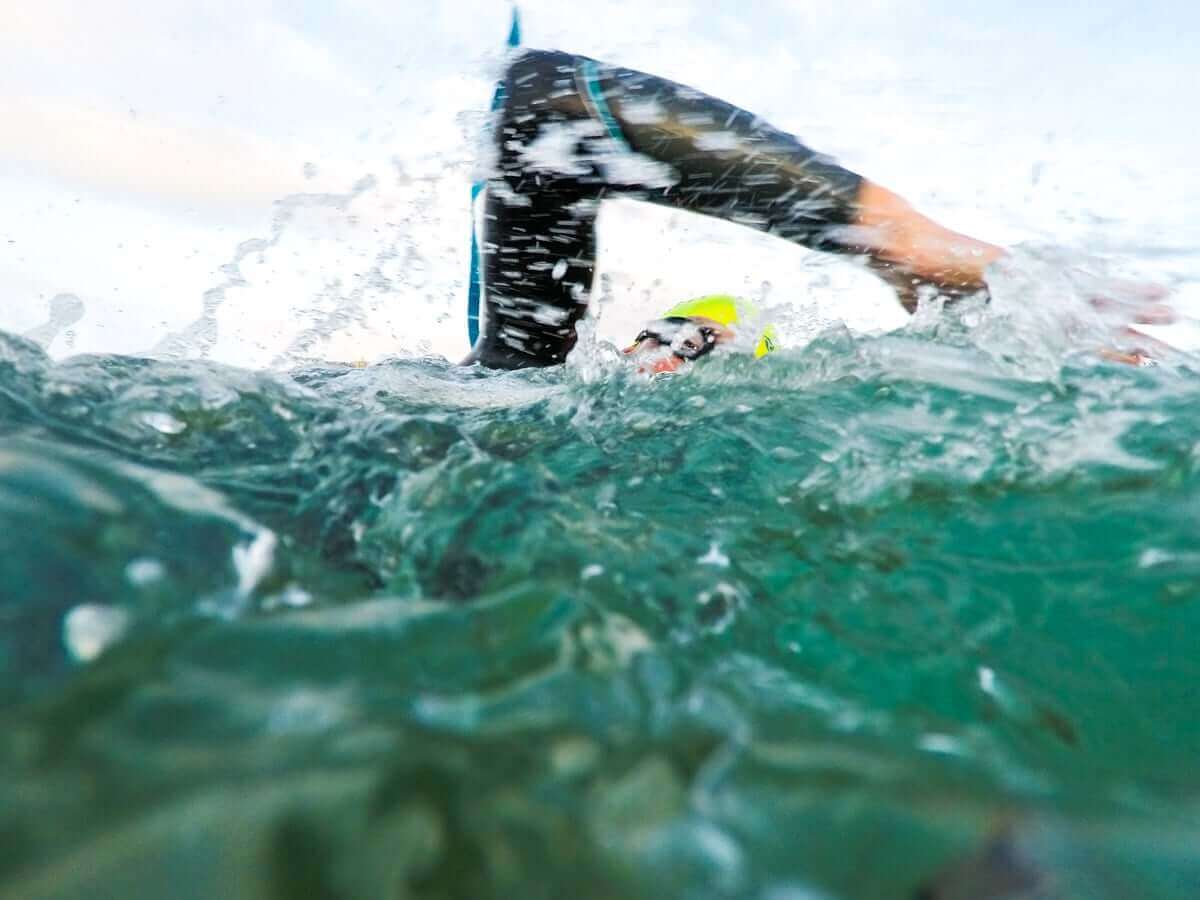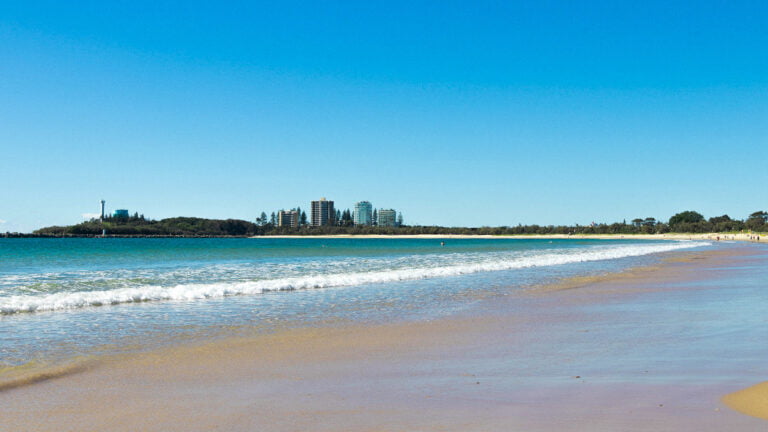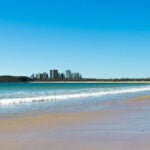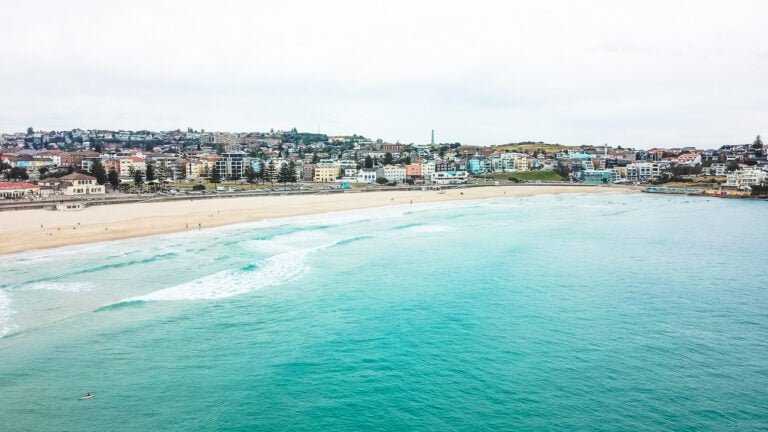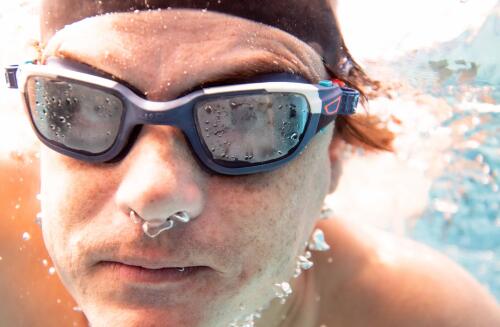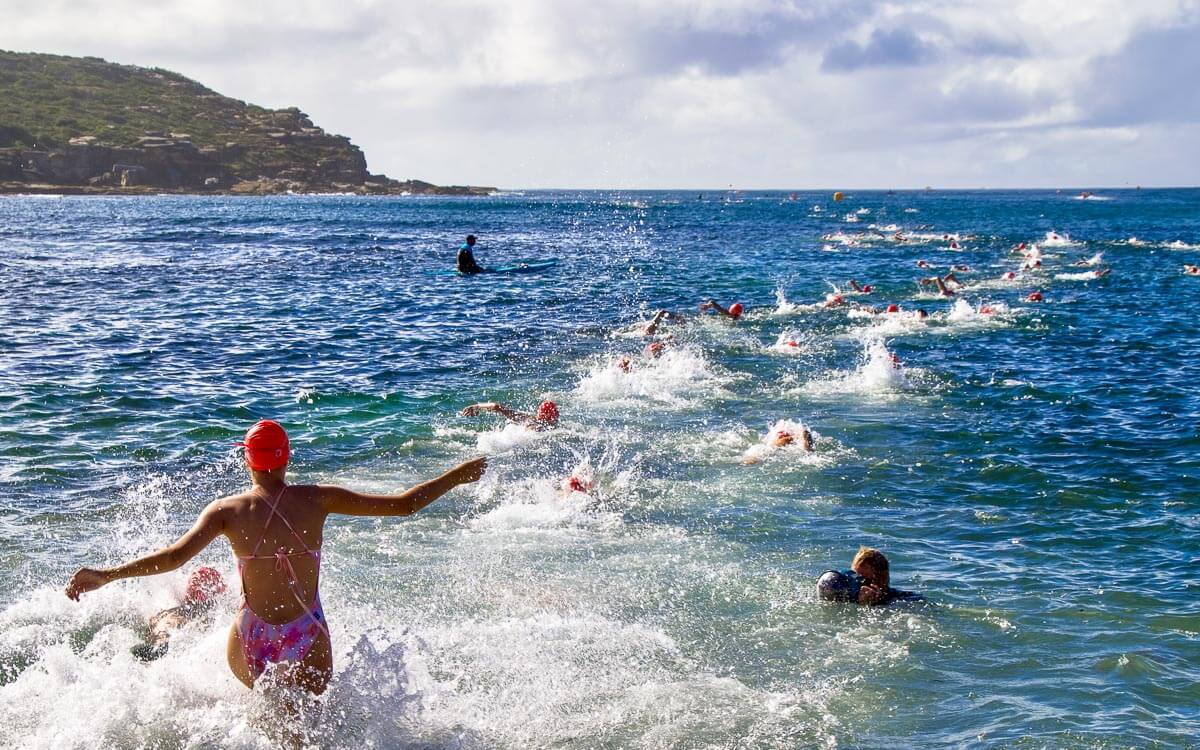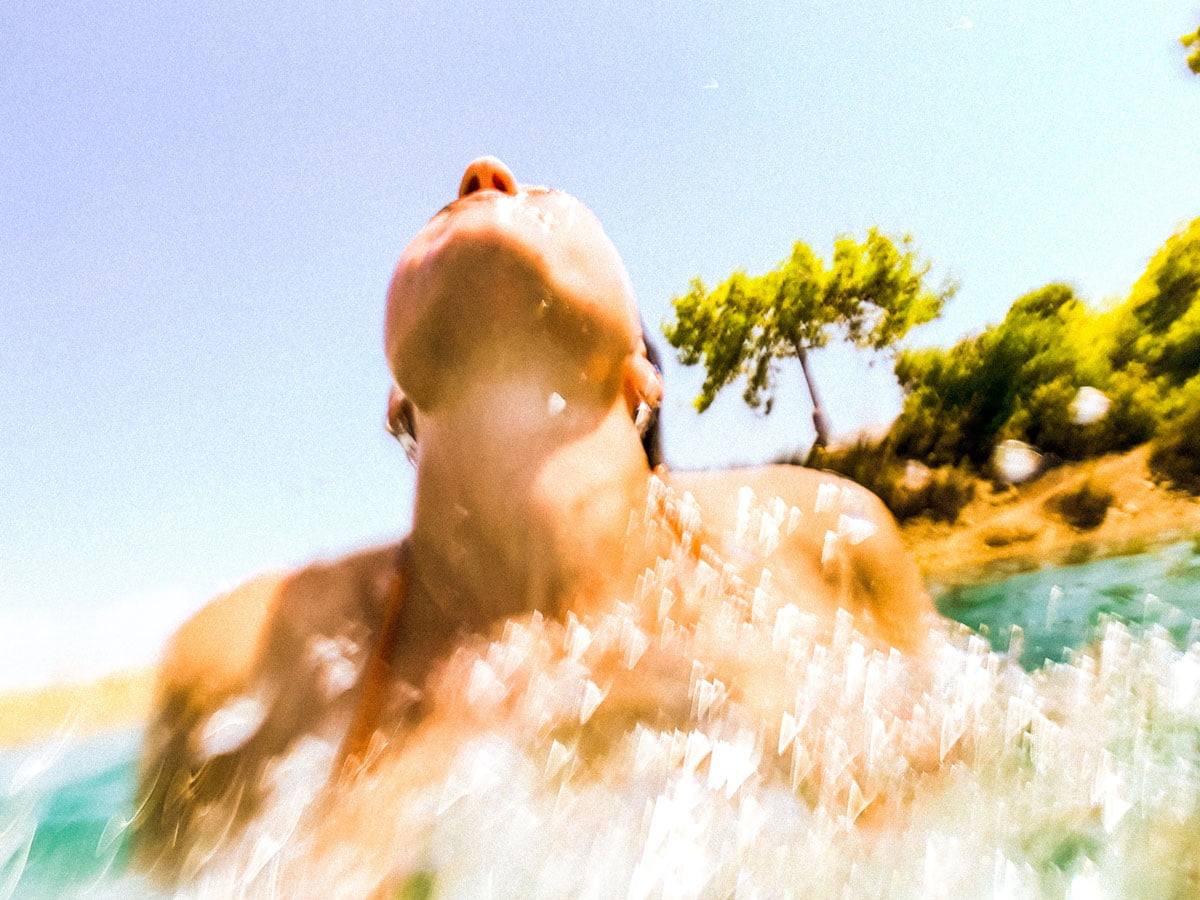Ocean swimming and sea sickness are two things you don’t necessarily think go together.
Usually, when you think of seasickness you think of being on a boat in rough seas, but did you know many ocean swimmers also suffer from seasickness?
Unfavourable conditions such as heavy surface chop and rolling swell, particularly in open bodies of water such as in channels and around headlands can really upset the stomach.
There is nothing worse than getting queasy or even vomiting while you are trying to enjoy the beauty of the glorious big blue.
In this article, we cover when you are most likely to get seasick while ocean swimming, what it feels like and how to prevent it.
When are you most likely to feel seasick while ocean swimming?
In general, swimmers who tend to get seasick say it is brought on by swimming in big rough rolling swells. Often, these swimmers also suffer from car sickness or have suffered from car sickness as a child.
Perhaps the next most common time to feel seasick is when stopping to chat with your swim buddies. Sea sickness can occur during this time because you have stopped moving and the movement of the ocean will start to sway you and can happen with or without a swell rolling.
What does seasickness feel like?
Nausea is the most common symptom, which is much like the feeling you get if you’ve ever suffered from car sickness. Some swimmers can experience a multitude of symptoms, including:
- Vomiting
- Dizziness or lightheadedness
- Headaches
- Burping and heartburn
- Cold/hot sweats
How to prevent seasickness?
There doesn’t seem to be a single cure for preventing seasickness; it can be different for everyone; what might work for one swimmer might not work for the next.
We’ve compiled a list of our best remedies for preventing seasickness while ocean swimming, collected from the feedback of ocean swimmers:
- Anything ginger; ginger tablets, ginger tea or ginger ale
- If you are susceptible to seasickness, avoid swimming in large swells
- Sea-band wristbands operate by using acupressure and prevent sea sickness for some
- Travel sickness tablets or patches such as Kwells or Travacalm (in Australia)*
- Earplugs stop water from getting into your ears and cause a pressure change within your ear canal which has been shown to contribute to sea sickness
- Distract yourself by playing in the wave zone
- Take over-the-counter antihistamines as these can sometimes prevent sea sickness*
- Stay hydrated
- Don’t overeat before your swim
- Avoid alcohol and foods that you know don’t agree with you the day before your ocean swim
- Don’t try new foods before going for an ocean swim
- Occupy your mind while swimming by singing or counting in your head
*Please note drowsiness is a common side effect of motion sickness drugs. Swimming while on these drugs may not be advisable. Please discuss the pros and cons of taking these tablets with your doctor. It is advised to try the medication out before swimming on it, while on land, to gauge any side effects.
